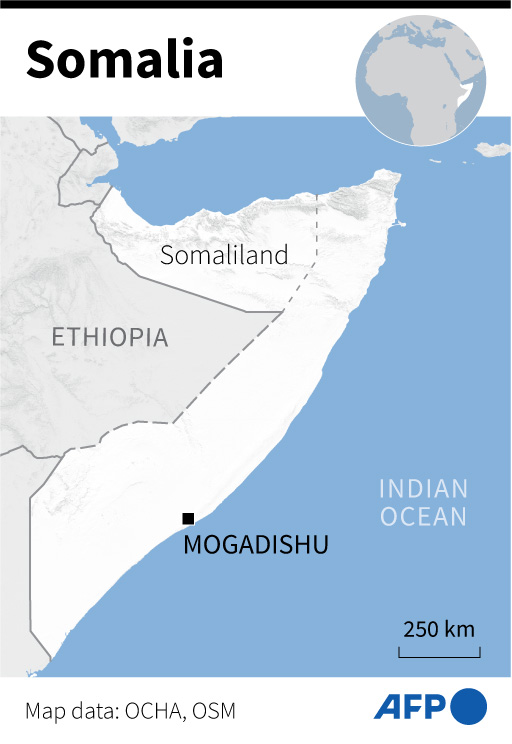Egypt adopted its first-ever asylum law this week, but it has sparked concerns among human rights groups who warn it takes a “security-focused approach” that could undermine refugee protections.Signed into law by President Abdel Fattah El-Sisi on Tuesday, the legislation comes as Egypt faces a severe economic crisis and fallout from regional conflicts, including Sudan and Gaza.The UN refugee agency (UNHCR) says Egypt is receiving hundreds of Sudanese refugees daily, with more than 845,000 refugees and asylum seekers registered as of November.Official estimates suggest Egypt now hosts more than nine million “guests” — the government term for refugees and migrants.The International Organization for Migration (IOM) said the nine million includes all who entered Egypt, regardless of legal status or migration reason.For decades, the UNHCR managed refugee registration under a 1954 agreement, but the new law shifts these responsibilities to Egyptian authorities.The law creates a permanent refugee committee under the prime minister to oversee asylum applications and services.Activists argue the law was rushed without consultation with civil society organisations or the UNHCR.”The law was passed through with a great deal of urgency and secrecy,” Karim Ennarah, director of the research unit at the Egyptian Initiative for Personal Rights (EIPR), told AFP.UNHCR declined an AFP request for comment.- ‘Security-focused approach’ -Parliamentarians defended the law.”The urgency in enacting the legislation arises from the necessity of having a framework,” Tarek Radwan, head of the parliament’s human rights committee, said, citing the country’s geopolitical challenges and the growing refugee population.”No country can manage a steady rise in refugee numbers without regulations to govern their presence,” he told AFP.The government says the law aligns with international treaties and aims to streamline refugee data by integrating its databases with those of the UNHCR.However, critics say the law adopts “a security-focused approach”.A major concern is a clause granting authorities the power to take “necessary measures” against refugees during wartime, counter-terrorism operations or national security crises.Another controversial provision criminalises housing refugees without notifying the police, punishable by imprisonment.The law also requires refugees who enter Egypt illegally to apply for asylum within 45 days of arrival.”These law gaps and vague language further weaken the already fragile protections for refugees,” Ennarah said. “It also creates a climate of fear around refugees.”- Strained system -Egypt has hosted large numbers of displaced people, including Syrians, Palestinians and Sudanese.More than 1.2 million Sudanese refugees have arrived since April 2023, joining more than 150,000 Syrians and over 100,000 Palestinians.Amid the country’s financial crisis, anti-refugee sentiment has been rising, with concerns about strains on healthcare, housing and education.Refugees, however, receive little to no assistance from either the United Nations or the government.Egyptian officials have repeatedly urged more international funding to manage the crisis, with Prime Minister Mostafa Madbouly saying in April that the support given to Egypt falls short of the burden of hosting millions of refugees.In October, the European Union granted Egypt 12.2 million euros to provide health and education services to refugees, migrants and asylum seekers in Egypt. However, Egypt’s refugee policies have faced scrutiny.In June, Amnesty International reported that 800 Sudanese detainees were forcibly returned without being allowed to seek asylum.Human Rights Watch warned that the law could increase the risk of authorities arbitrarily denying asylum and undermining refugee rights.”It would fail to protect asylum seekers’ rights, allow authorities to use emergency powers to detract from rights, force refugees to comply with vaguely worded rules, and criminalise irregular entry,” HRW said.
Fri, 20 Dec 2024 02:10:50 GMT










